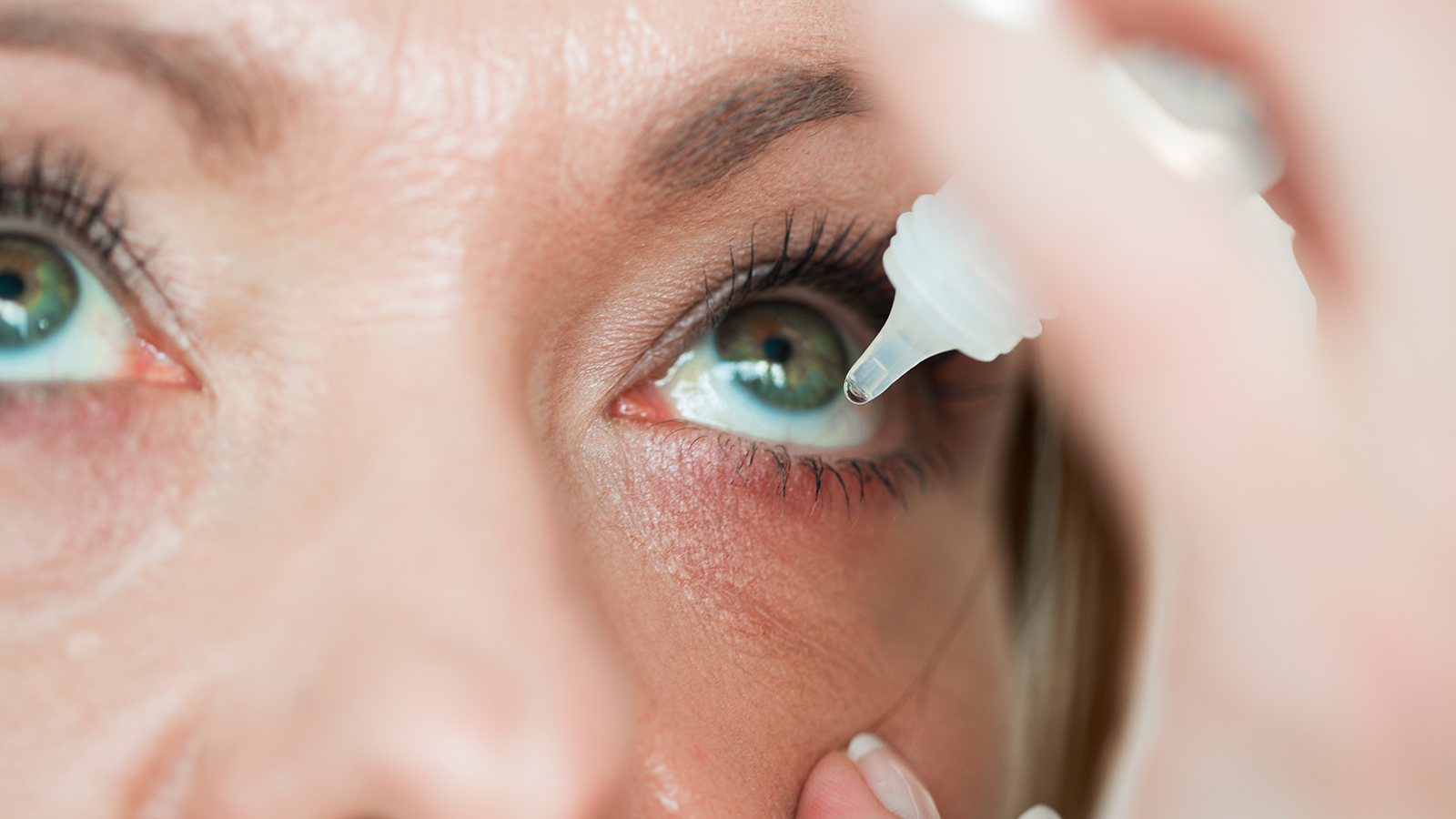What You Should Know about Eye Drops
Eye drops bypass some of the body’s natural defenses, posing a heightened risk of harm to users
Ophthalmic drug products, such as eye drops, pose a heightened risk of harm to users because drugs applied to the eyes bypass some of the body’s natural defenses. Any drug used in the eyes must be sterile to reduce the risk of infection. Eye drops are available by prescription or sold as over-the-counter (OTC) products.
There have been several recent safety recalls related to OTC eye drop products. These recalls resulted from various safety concerns, including infections, partial loss of vision, and blindness. The recalls were due to product contamination risks.
FDA actively monitors eye drops in the marketplace by conducting surveillance, including sampling and testing products on the market, and monitoring side effects; however, facility inspections of manufacturing facilities for OTCs may not occur prior to the product being marketed. The agency may recommend voluntary recalls to remove products from the market. The agency will continue to update the public about new concerns or information.
Consumer Tips
- Wash your hands before using eye drops, and do not touch the tip of the bottle to your hands, your eyes, your clothing, or any surface area.
- Stop using eye drops if you experience any issue while using your eye products, such as discharge from the eye, pain or discomfort.
- If you experience any unexpected side effects while using eye drops, talk to your doctor and report them to FDA.
- Do not use ophthalmic products that:
- Are marketed as OTC products to treat serious eye conditions such as glaucoma, cataracts, retinopathy or macular degeneration. There are no OTC treatments for these conditions.
- Are labeled as homeopathic, as these products should not be marketed.
- Some unapproved products contain ingredients that are not appropriate for use in the eye, such as:
- Silver sulfate or argentum, which can permanently change the white color of your eyes.
- Methylsulfonylmethane (MSM) as an active ingredient. These products are unapproved drugs and illegally marketed in the U.S. There are no legally marketed ophthalmic drugs that contain MSM as an active ingredient.
- Carefully review the label of your eye products to ensure the product does not include these ingredients.
- Review the eye drops safety issues below, and check if your eye drops are part of a warning or recall.
- Talk to a health care professional about safe and effective treatments for your eye condition.
Alerts and Warnings about Eye Drops
- Brassica Pharma Pvt. Ltd. Issues Voluntary Nationwide Recall of Equate Lubricant Eye Ointment, Equate Stye Lubricant Eye Ointment, CVS Health Lubricant Eye Ointment, Lubricant PM Ointment Due to Potential Lack of Sterility [2/29/2024]
- FDA warns consumers of contaminated copycat eye drops [1/31/2024]
- FDA warns consumers not to purchase or use certain eye drops from several major brands due to risk of eye infection [10/30/2023]
- FDA issues warning letters to firms marketing unapproved eye products [9/12/2023]
- FDA warns consumers not to purchase or use certain methylsulfonylmethane (MSM) eye drops due to contamination [8/30/2023]
- FDA warns consumers not to purchase or use EzriCare Artificial Tears due to potential contamination [8/25/2023]
How to Report Issues
FDA encourages health care professionals and consumers to report adverse events or quality problems with any medicine to FDA’s MedWatch Adverse Event Reporting program:
- Complete and submit the report online at MedWatch; or
- Download and complete the form, then submit it via fax at 1-800-FDA-0178

